Nutrient Use Efficiency Management using Isotope Tracer Technique

The study has clearly shown that there is an avenue to improve …

The study has clearly shown that there is an avenue to improve …
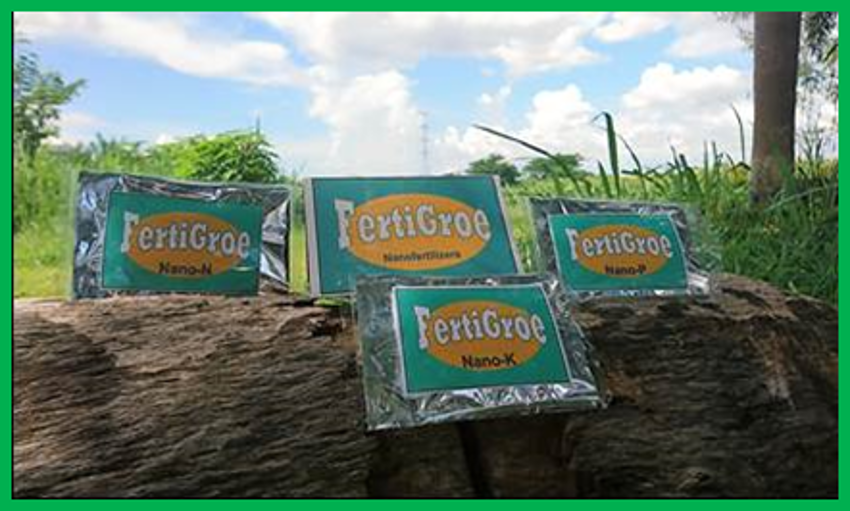
Fertigroe® nanofertilizers are slow-release formulations of nitrogen (N), phosphorus (P), …
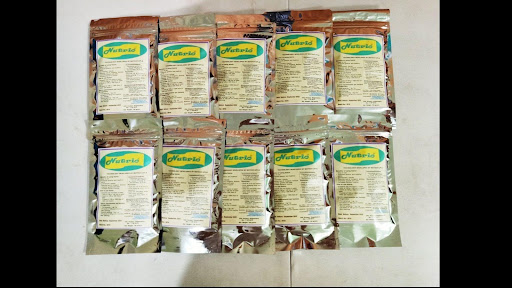
Nutrio® is a foliar spray biofertilizer, which contains endophytic bacteria, a nitrogen-fixing …
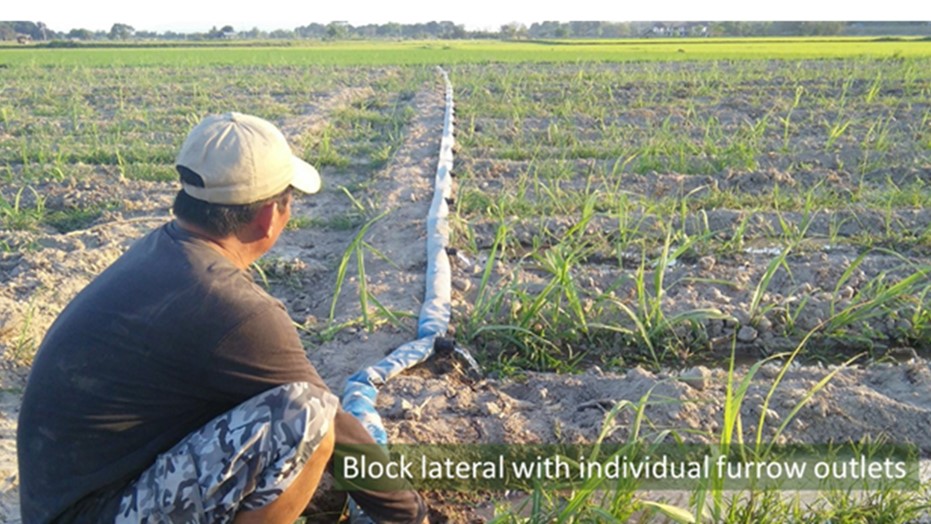
Automating traditional furrow irrigation systems eases the farmers’ burden from …
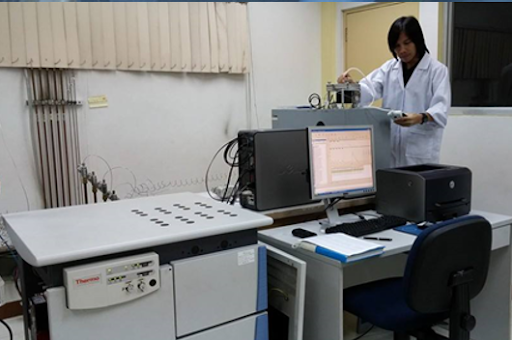
Nutrient management is always of fundamental economic importance in the agriculture of …

With the use of markers for disease resistance, susceptible …
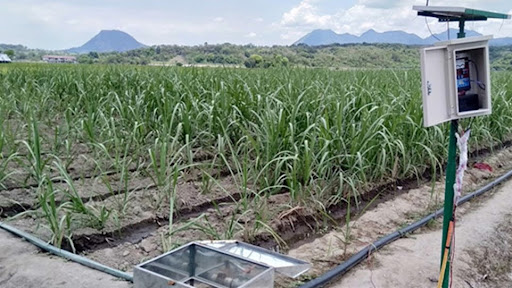
The Central Luzon State University (CLSU) through the leadership of Dr. Armando …
As the sugarcane industry uses scarce and expensive resources such as water and fertilizers, a solution is required to accelerate the improvement of sugarcane production …

Producing coffee in the Philippines was found to be competitive under …
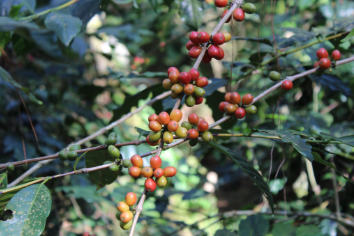
As a labor-intensive country, one of the major driving forces of Philippine …